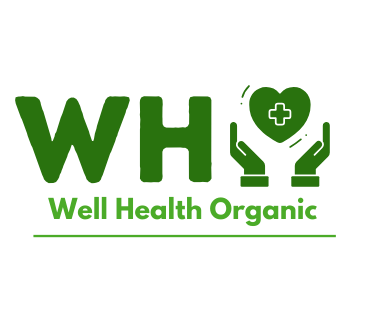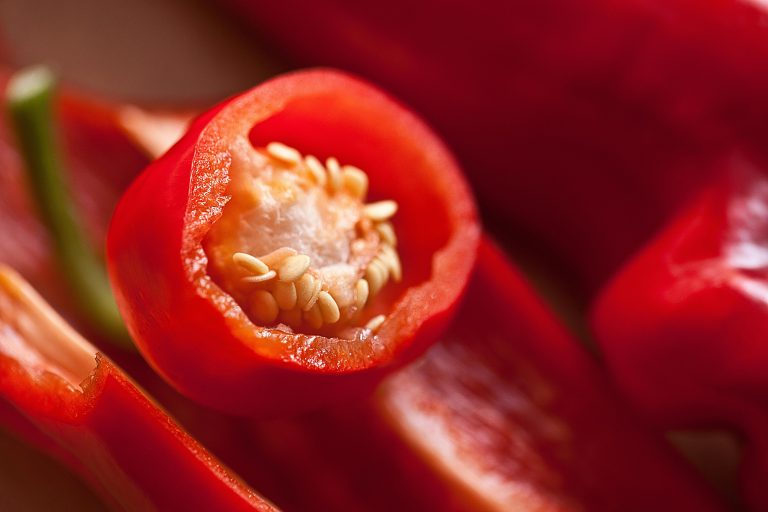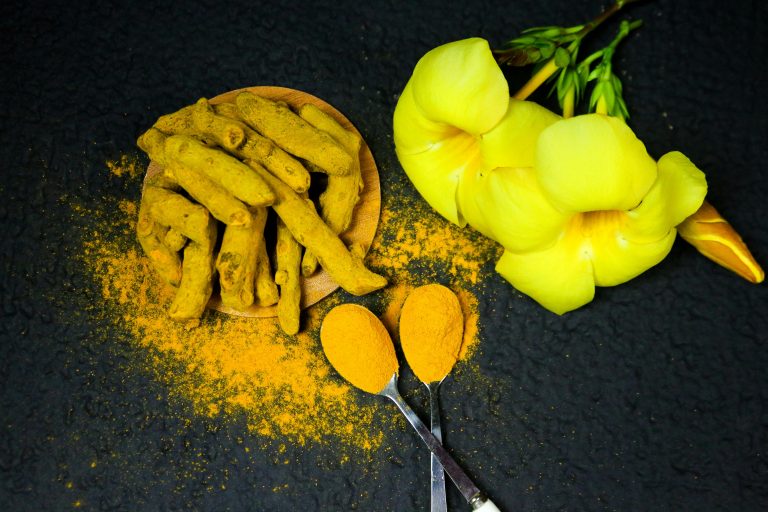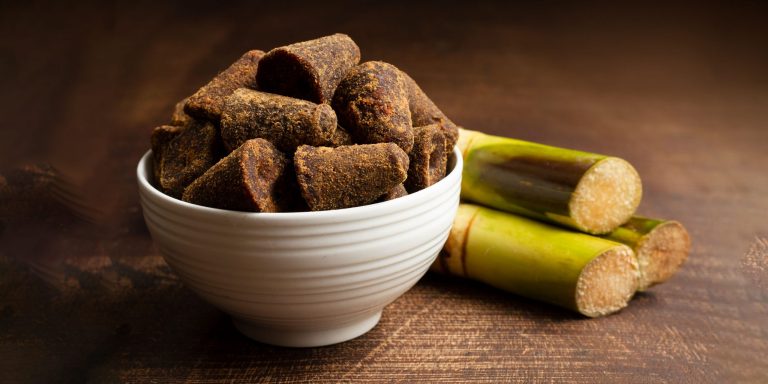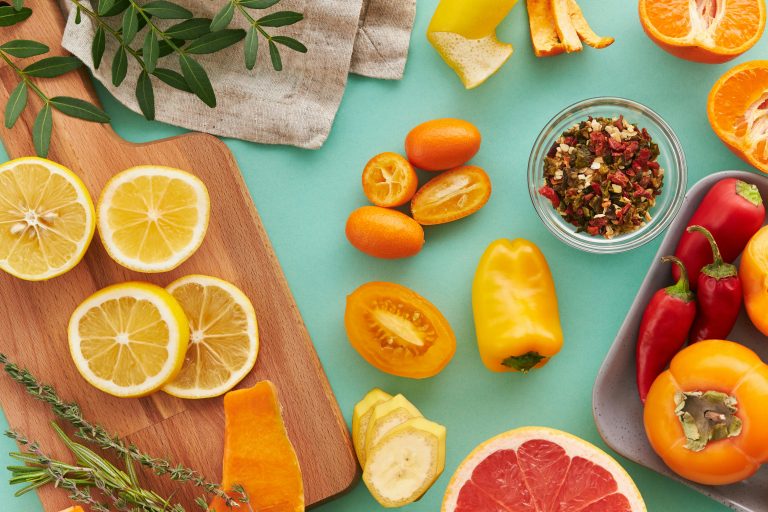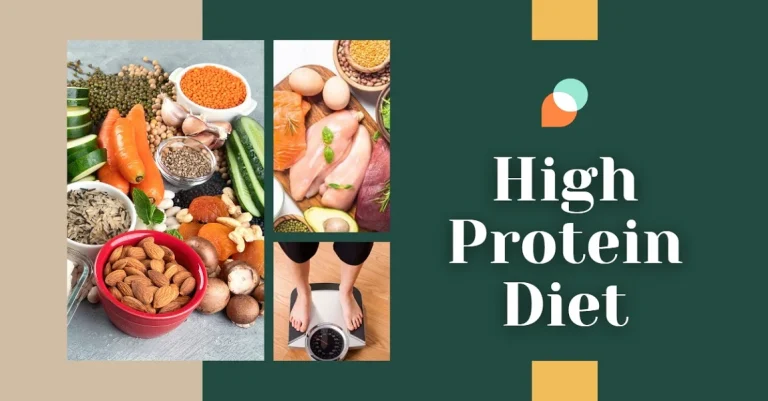Wellhealthorganic.com Best Vegetarian Protein Sources High Protein Rich Food
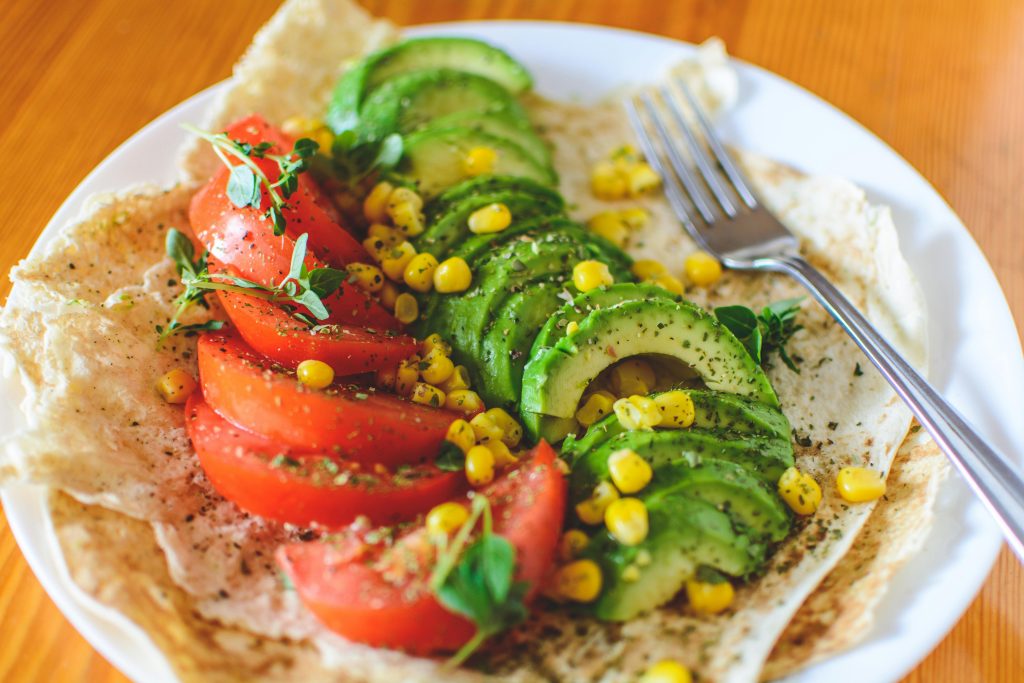
Vegetarian Protein Foods
A common concern of vegetarians is that their diet may lack adequate protein. However, doctors and experts agree that a well-planned vegetarian diet can provide all the nutrients you need.
proteinA diet rich in iron can help with weight loss, satiety and building muscle strength. According to general dietary guidelines, women should have46 Gram Proteinand to men56 Gram ProteinIs required. But this amount may vary depending on your activity level, age, weight, and more.
So, if you are a vegetarian and worried about your protein intake, don’t worry, here is a list of vegetarian sources of protein that you can easily find in your kitchen.
So without further ado, let’s learn about the best vegetarian protein sources.
1. Soya Paneer (Tofu)

Soya Paneer is like a white canvas, which absorbs all the flavors you add. You can blend it with your smoothie or add it to your salads, sandwiches, noodles and veggie bowls to make it more filling. Tofu provides a good dose of bone-building calcium.
- Tofu – 8 grams of protein per (100 grams)
- Firm tofu – 12 grams of protein per (100 grams)
2. Soya Milk
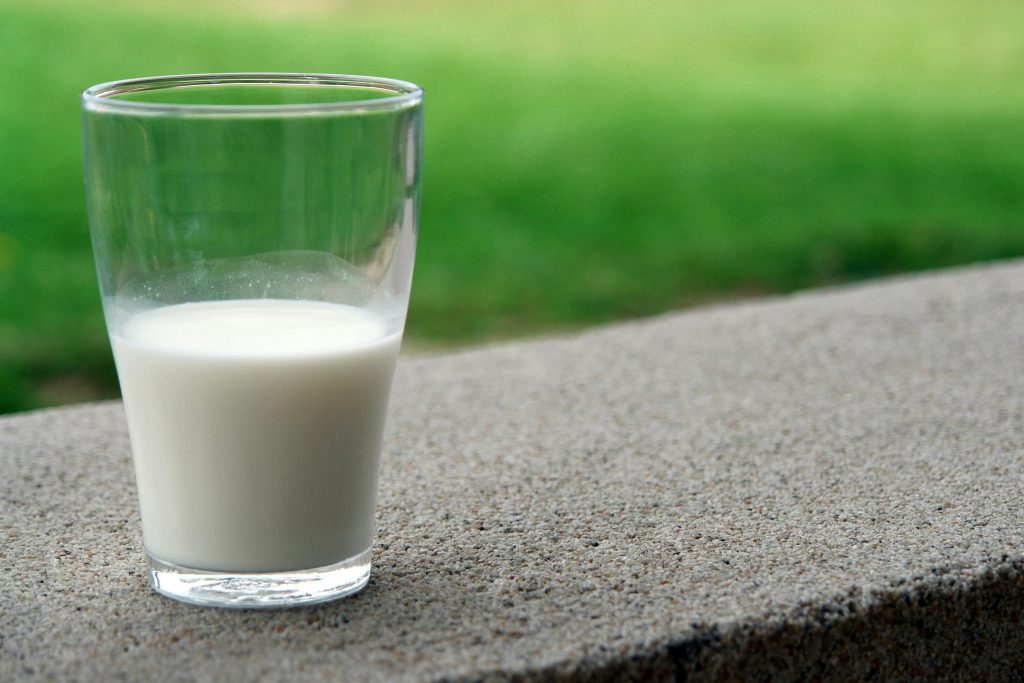
Of all the plant-based milks on the market, soy milk is the only milk that matches the protein profile of cow’s milk, containing 8 grams of protein per 1-cup serving. By comparison, almond milk has only 1 gram per cup, so if you want protein, soy milk is your best source.
- Soya Milk – 8 grams of protein per 1 cup serving
3. Peanuts
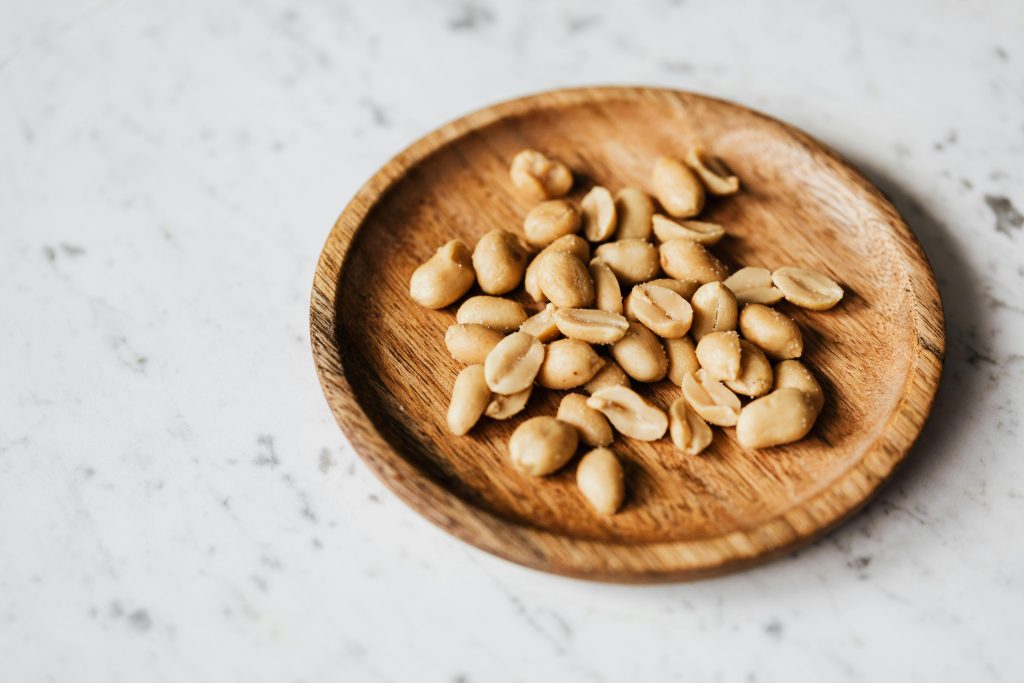
Surprisingly, peanuts are not actually in the nut family. They are classified as legumes along with foods like green peas, soybeans and lentils. Peanuts grow underground as the fruit of the peanut plant. The peanut plant probably originated in Brazil or Peru in South America. Scientists have found 3,500-year-old pottery in the shape of peanuts as well as decorated with peanuts in South America.
- Peanuts – 26 grams of protein per (100 grams)
4. lentils
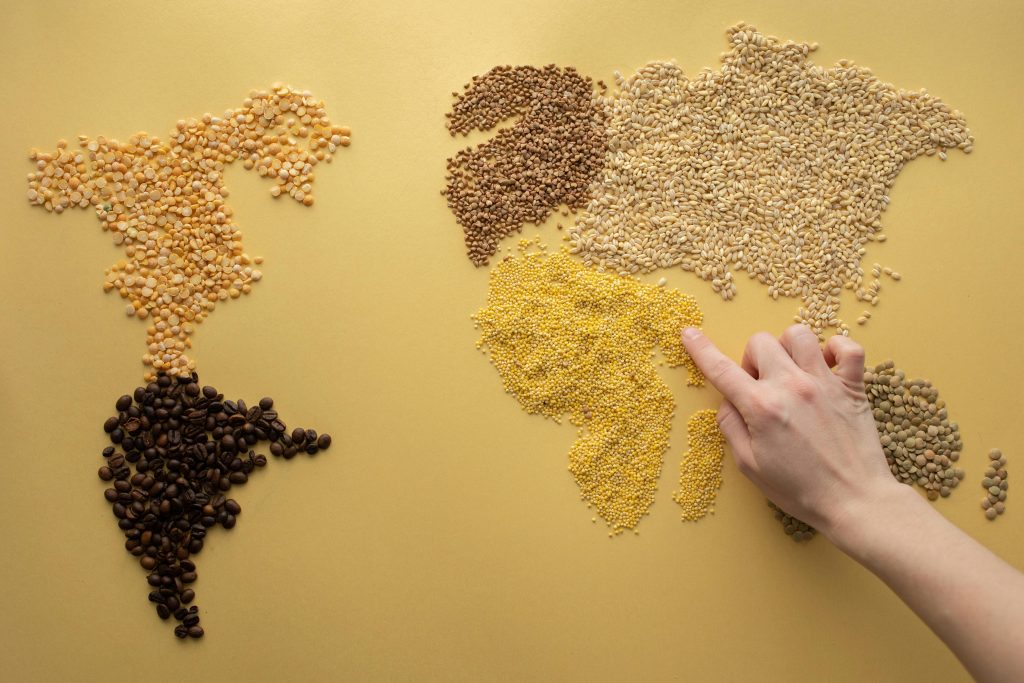
All lentils, including beans and peas, are a great source of protein for vegetarians. Lentils make a great low-fat, high-protein and economical source of protein. Sources of protein in various pulses.
- Dal: 8 -9 grams of protein per (100 grams)
- Chickpeas: 7 grams protein per 100 grams
- Garden peas: 7 grams of protein per 100 grams
- Beans: 7 – 10 grams protein per 100 grams
- Baked beans: 5 grams protein per 100 grams
5. Spinach
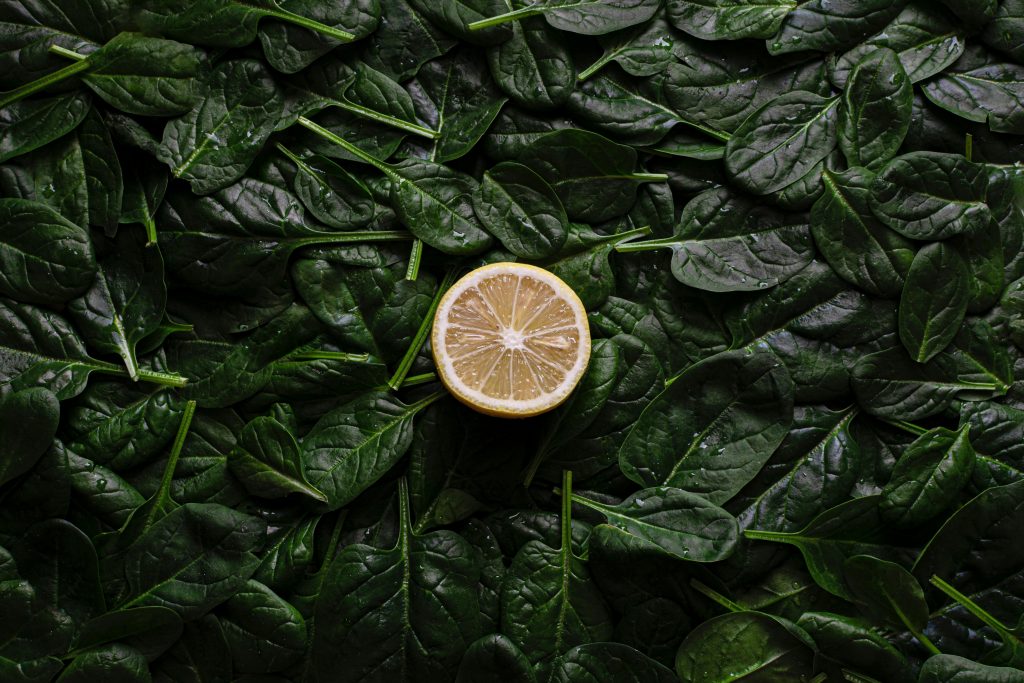
Palak is the Hindi word for Spinach.
One cup of this green leafy vegetable has as much protein as a hard-boiled egg – at half the calories. You can increase the nutrition of spinach by boiling it or preparing it raw. By boiling it evenly, you can retain its vitamins, calcium and remove the bloating effect of the veggie. For effective weight loss, you can eat homemade Palak Paneer in your lunch/dinner.
- Spinach / Palak – 2.9 grams of protein per (100 grams)
6. Almonds
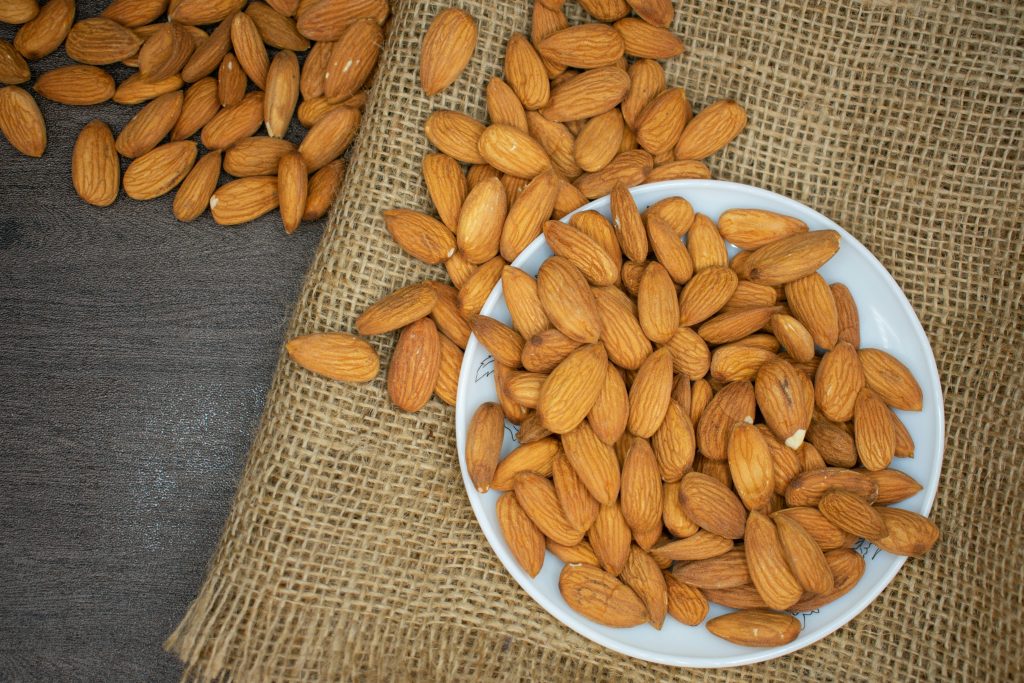
Almonds are an excellent source of protein, fiber and heart-healthy fats. Including 10 almonds in your daily meal plan can help you meet your nutrient needs. Eating almonds can also help you maintain a healthy body weight.
- Almonds – 21 grams of protein per (100 grams)
7. Garden peas
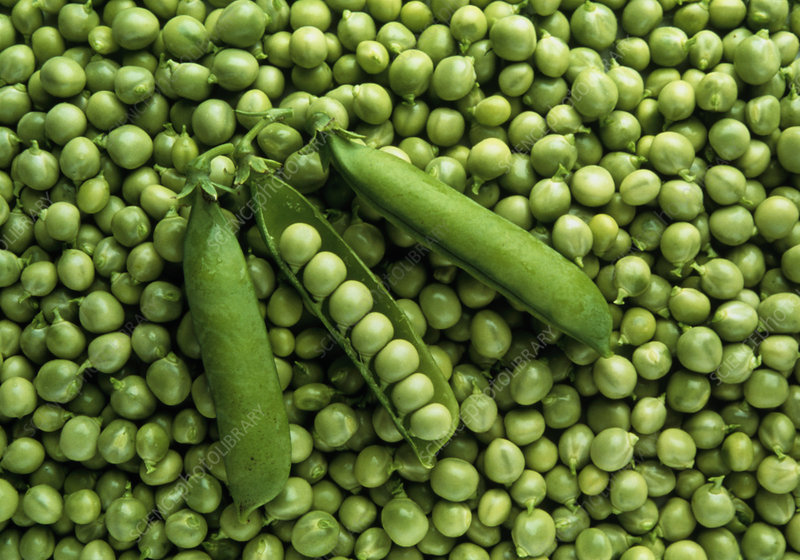
Peas have been part of the human diet for hundreds of years and are consumed all over the world.
Garden peas are not vegetables. They are part of the legume family, which consists of plants that produce pods with seeds inside. Lentils, chickpeas, beans and peanuts are also legumes.
Peas also provide you with 100 percent of your daily value of vitamin C in one cup. Plus, it keeps your immune system healthy and in shape.
- Garden peas – 5 grams of protein per (100 grams)
8. Cashew
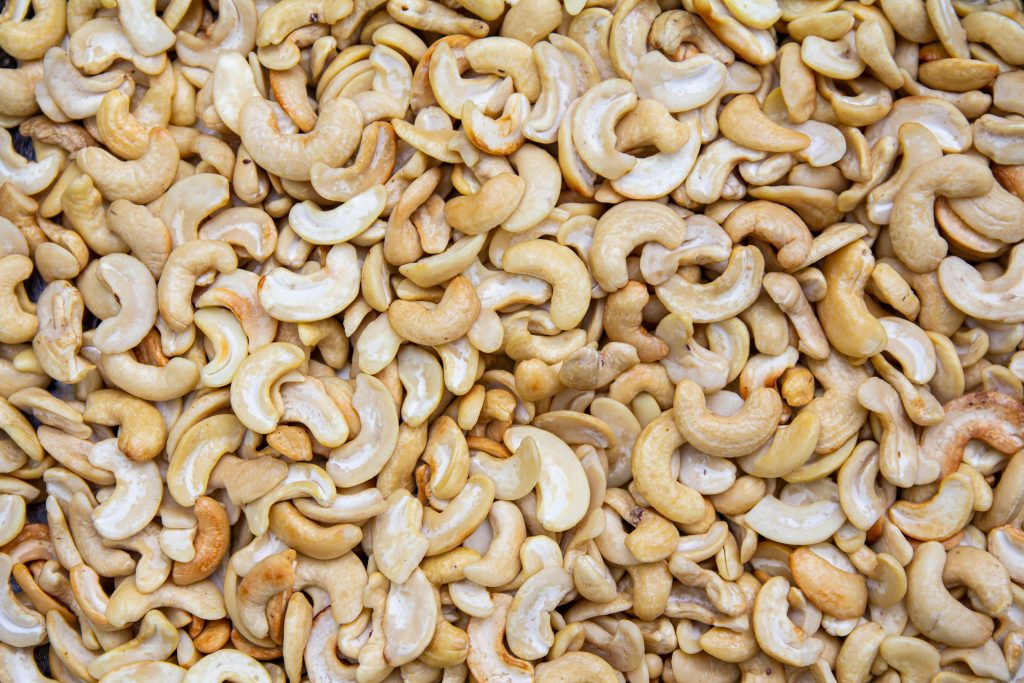
Cashews make a quick snack to boost your protein intake. Both the protein and fiber in cashews help keep you full longer, so you’re less likely to indulge in vending machine treats in the afternoon.
Cashews are a great source of magnesium, which is good for constipation, boosts your immune system and supports cognitive function and contains biotin.
- Cashew – 18 grams of protein per (100 grams)
Read Also: How is lemon juice effective in removing dark spots?
